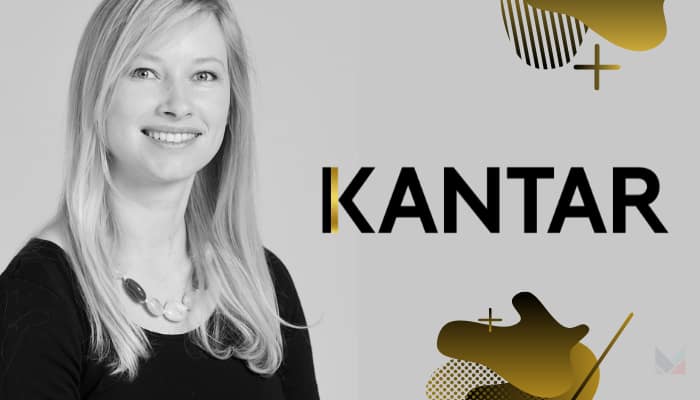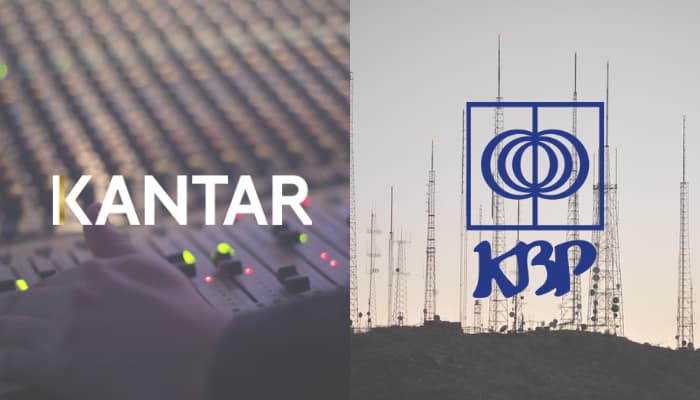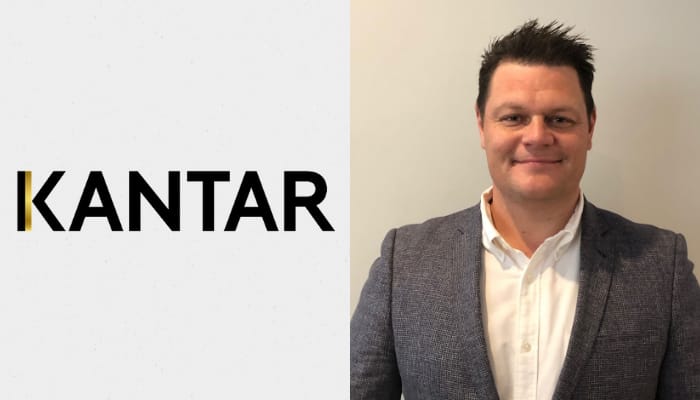Manila, Philippines – Taking bold and creative risks pays off: this is one of the main mantras evident in the first-ever YouTube Works Awards in the Philippines, as it awarded the brand content, campaigns, and channels that stood out in effectiveness and creativity in 2020.
The YouTube Works Awards are a staple instreaming platform YouTube which celebrates and champions the brilliant minds behind producing the most innovative and effective campaigns on the platform in the past year. This year, the awards finally landed in the Philippines, done in partnership with market research firm Kantar.
Despite being a year fraught with challenges, brands in the Philippines set the bar high on effectively using YouTube to deliver results and tell stories that resonate with local audiences.
“As the pandemic changed life as we know it, the way we tell brand stories and engage audiences evolved too. YouTube Works Awards saw that despite the restrictions in creative production and reaching consumers, brands in the Philippines rose above the challenge and expanded the possibilities with YouTube to effectively drive results and tell stories that resonate with Filipinos,” said Gabby Roxas, head of marketing at Google Philippines.
This year’s top award went to local soft drink brand RC Cola, whose ‘Basta’ campaign made by independent creative agency GIGIL, was lauded for being brave enough to take creative risks and in making effective use of Gen Z’s surrealist humor. To date, the video has more than seven million views on YouTube.
For Roxas, RC Cola’s bizarre story of a family who served up the message of the value of embracing and enjoying one’s differences is consistent with the campaign’s approach: the pursuit to unapologetically stand out in a sea of formulaic content to achieve marketing and business objectives.
Meanwhile, Leigh Reyes, chair emeritus and product officer at MullenLowe TREYNA, and jury head at YouTube Works, commented, “At a tumultuous time when it would normally be considered unconventional to experiment, bravery in exploring the bold and the new pays off. advertising approach, tapping into absurdism to cut through repetitive and mundane lockdown content.”
Meanwhile, local telco Talk N’ Text or TNT won the ‘Best Multi-Video Storytelling’ award for their ‘Free Games for All’ series, which capitalized on Filipinos’ love for gaming mixed with hugot lines or heart-pulling one-liners to tell the story of four friends bonding over online games via a triad of spots. Driving a 165% increase in revenue versus the previous year, the campaign proved that YouTube viewers keep coming back for episodic content especially if it offers a compelling narrative.

For the ‘Best Brand Channel’ category, local beer brand Red Horse won the award, whose YouTube channel looked beyond product marketing to create content that its target market would watch and engage with especially over a bottle of beer: online concerts, variety show sketches, and entertainment-led videos. This then led the channel to see a growth in subscribers, from 26,000 in October 2019 to 54,000 in 2020, garnering 3.4 million views last year in total. The channel continues to grow, with a subscriber base that now stands at more than 87,000.
Meanwhile, instant noodle brand Lucky Me! Pancit Canton won a ‘Best Collaboration’ award for its work alongside social media influencer Mimiyuuuh for the campaign ‘Pinakahihintay NaThin’, which puts a light-hearted spin for the brand’s comeback to its original thin noodles in production. With this, Lucky Me! saw a lift in purchase intent and brand favor, achieving a view-through rate (VTR) of 18%, higher than campaigns without creator collaborations.
YouTube Works Awards also featured two heartfelt campaigns that show how brands with purpose can drive impact in times of uncertainty.
First on the list is consumer goods conglomerate Procter & Gamble, whose heart-warming campaign on the real, raw sacrifices of our frontliners while being away from their families to care for the sick won the brand a ‘Force For Good’ award.
Meanwhile, Globe Telecom’s ‘A Star Wars Experience For All’ campaign won the ‘Best Long Form Storytelling’ award for its heartwarming story about two young boys who created a special viewing experience for their deaf friend. The campaign shows the importance of inclusivity by representing and uplifting persons with accessibility challenges.
Gary de Ocampo, chief executive officer for insights division at Kantar Philippines, congratulated all the winners of YouTube Works, adding that their campaigns are truly inspiring and speak volumes about the future of advertising in the Philippines. He also noted that from taking bold, creative risks to playing meaningful roles amid the pandemic, the brands listed in the awards have effectively harnessed insights and stories to use YouTube in driving desired results.
“While there were many great campaigns this year, the Best Personalization award went unclaimed, nonetheless. This brings an opportunity for brands and agencies to challenge themselves further about contextual targeting and fully unlock this potential. I’m excited to see how they will take this challenge to bag the award next year,” de Ocampo concluded.










